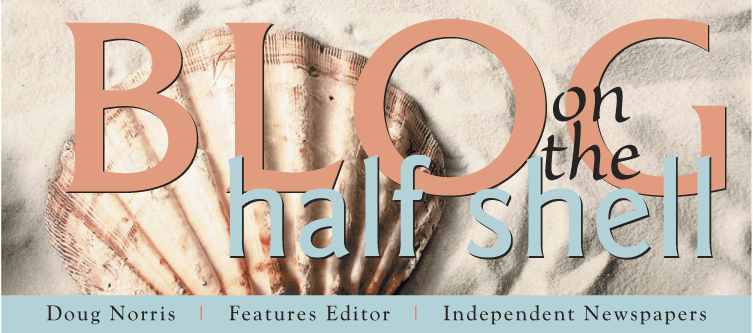A lifelong train enthusiast, he drafted the bill that became the High Speed Ground Transportation Act of 1965. The act was designed to improve transportation in the BosWash Corridor and became the genesis for Amtrak. He opposed the Vietnam War, sponsored a treaty banning nuclear weapons on the ocean floor and became chairman of the Senate Foreign Relations Committee in 1987, only to lose the post to his polar opposite, North Carolina Sen. Jesse Helms, when the Republicans captured the Senate in 1994.
Despite not being active in the Senate for more than a decade, Pell remained an iconic figure in Rhode Island politics. Recently, the British magazine The Week quoted him to illustrate a flaw in the traditional transition period between outgoing and incoming U.S. presidents. “It is ironic,” said Pell, “that our Constitution provides for up to 10 weeks of crippled leadership each time the presidency changes hands.”
William H. Honan, in a stylish obituary written for The New York Times, noted that Pell’s self-deprecating humor and idiosyncratic behavior endeared him to both peers and constituents.
After he met President Fidel Castro of Cuba in Havana in 1974, Mr. Castro lit up a large cigar and used it to wave farewell. Senator Pell apparently thought the lighted cigar was a parting gift and took it from Mr. Castro’s hand, leaving his host flabbergasted.
John Chafee, who served as a Republican senator from Rhode Island, recounted a story for The Associated Press that became a favorite in descriptions of his colleague.
Mr. Pell was campaigning in Providence in 1972 when it began raining hard. He sent an aide to get him a pair of rubbers for his shoes, and when the aide returned, Mr. Pell asked in his formal manner of speech, “To whom am I indebted for these fine rubbers?”
“I got them at Thom McAn, senator,” the aide answered, referring to the shoe store chain. Mr. Pell replied, “Well, do tell Mr. McAn that I am much obliged to him.”
Mr. Pell was an avid jogger, but he often wore a tweed sport coat when running, and he pushed for congressional investigations into extrasensory perception and UFOs.
What is your lasting memory of Claiborne Pell?


No comments:
Post a Comment